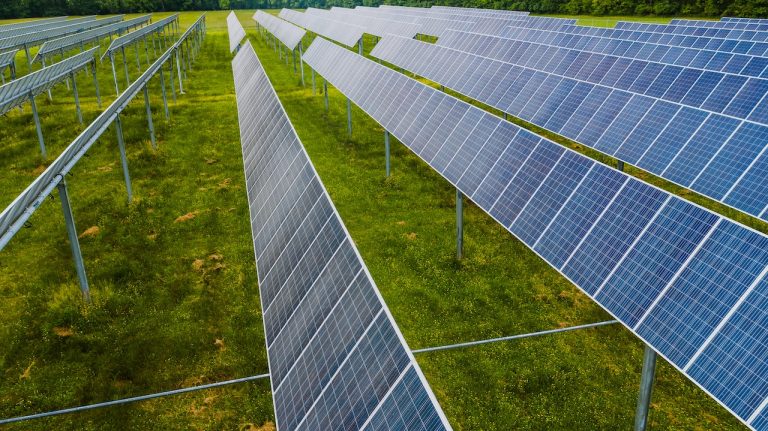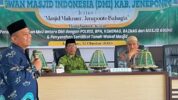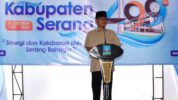Indonesia’s Green Industry Sector Surpasses Emission Reduction Targets as Decarbonization Roadmap Takes Shape
JAKARTA, RAKYAT NEWS – The Indonesian Ministry of Industry (Kemenperin) is collaborating with two think tanks, World Resources Institute (WRI) Indonesia and the Institute for Essential Services Reform (IESR), to prepare a roadmap for decarbonizing Indonesia’s industrial sector.
This initiative aims to support the country’s goal of achieving net-zero emissions by 2050, which is a decade earlier than the national target. Kemenperin is focusing on decarbonizing priority industrial subsectors, reducing industrial emissions, and fostering the development of a green industry ecosystem and a circular economy.
The roadmap will include strategies for emissions reductions, mechanisms for greenhouse gas exchanges, and the economic value of carbon in the industrial sector. Additionally, efforts will be made to strengthen the green industry ecosystem and expand the circular economy, which will play a key role in achieving sustainability targets. Deputy Minister of Industry, Faisol Riza, emphasized that transitioning to a green industry is no longer optional but an essential step for the future of both the nation and the planet.
WRI Indonesia’s Country Director, Nirarta Samadhi, mentioned that WRI has been supporting the development of decarbonization roadmaps for nine industrial subsectors. WRI’s commitment includes providing recommendations and supporting the creation of a resilient green industrial ecosystem that will help meet Indonesia’s low-carbon economic growth targets.
IESR’s Executive Director, Fabby Tumiwa, highlighted that decarbonizing industries presents not only a challenge but also a significant opportunity for Indonesia to become a regional leader in low-carbon industries. IESR will continue its support by providing studies, guidance, and policy recommendations to help industries adapt to global sustainability standards and enhance national competitiveness in the circular economy era.
The Green Industry Center of Kemenperin has made notable progress in reducing greenhouse gas emissions from Industrial Processes and Product Uses (IPPU). In 2024, it reduced emissions by 6.92 million tons of CO2 equivalent, surpassing the target set in the Enhanced Nationally Determined Contribution (ENDC) for 2030. Furthermore, there has been a 7.31% improvement in the cost efficiency of green industries.
Kemenperin has also seen a steady increase in the number of companies obtaining Green Industry Standards (SIH) certification. Currently, 146 companies are certified, with 25 new standards introduced, bringing the total to 62 certified standards. These achievements reflect the significant progress made in advancing industrial sustainability.
As part of the broader decarbonization efforts, Kemenperin is preparing further regulations on carbon trading and industry-specific decarbonization, such as in the cement sector. These initiatives are expected to accelerate Indonesia’s transition to a low-carbon economy, benefiting both the environment and the country’s economic competitiveness.
The collaboration between Kemenperin, WRI Indonesia, and IESR marks an important step toward achieving Indonesia’s ambitious decarbonization goals. The roadmap for decarbonization will serve as a critical guide for industrial transformation and help Indonesia become a key player in the global shift towards sustainable industrial practices. (Uki Ruknuddin)



























Tinggalkan Balasan